In an era where intermittent fasting, crash dieting, and restrictive eating plans dominate social media, it’s become increasingly important to understand what happens when you stop eating. For many people, skipping meals or drastically reducing caloric intake may seem like a shortcut to weight loss or a way to reset their body. However, undereating has real physiological consequences that extend far beyond hunger pangs. Understanding the symptoms of not eating enough and recognizing the short-term and long-term effects of such behavior is crucial for maintaining a healthy body and mind. Whether intentional or due to circumstances like stress, illness, or eating disorders, not eating enough can have serious repercussions that are often overlooked.
You may also like: How to Stop Emotional Eating and Regain Control: Mindful Nutrition Strategies That Support a Healthier Lifestyle
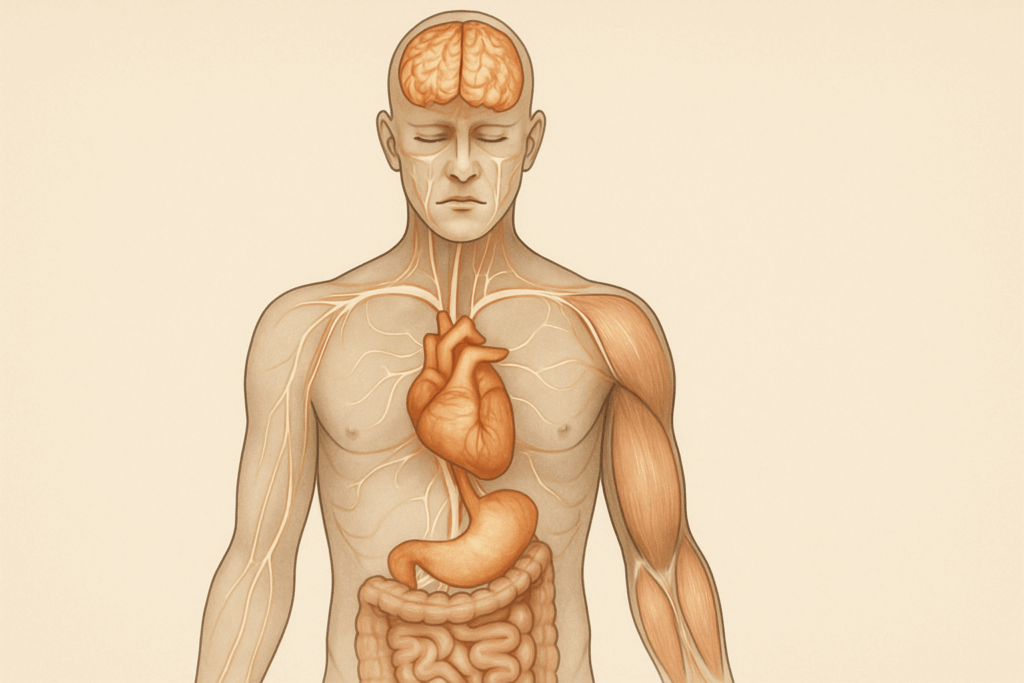
Understanding the Body’s Basic Nutritional Needs
The human body is an incredibly complex system that requires a steady intake of calories, macronutrients, and micronutrients to function optimally. Calories fuel every physiological process, from cellular regeneration to brain function. When you stop eating or consistently underconsume calories, your body is forced to adapt by slowing down its metabolism and redirecting energy to vital organs. This is why the side effects of not getting enough calories in a day often begin subtly but escalate over time.
Proteins, fats, and carbohydrates each play essential roles in maintaining bodily health. Proteins support muscle and tissue repair, fats are vital for hormone production and cell membrane integrity, and carbohydrates provide readily available energy for both physical and mental tasks. When any of these macronutrients are deficient due to not eating enough, your body begins to exhibit a cascade of warning signs—many of which people don’t initially recognize as symptoms of undereating.
Early Physical Signs of Not Eating Enough
The first changes often manifest subtly. You may feel more fatigued than usual or find yourself struggling to focus. These early signs of not eating enough can be mistaken for everyday stress or poor sleep. However, persistent low energy, difficulty concentrating, and light-headedness are often among the first red flags. Because the brain requires glucose to function properly, a lack of food quickly translates into cognitive decline, mental fog, and even irritability.
Physical signs of not eating enough also include noticeable weight loss, muscle wasting, and changes in skin tone or texture. As the body begins breaking down fat and lean tissue for fuel, individuals may notice their clothes becoming loose, their faces more gaunt, and their limbs thinner. Over time, under eating symptoms can include cold sensitivity, brittle nails, and thinning hair—signals that your body is conserving energy and redirecting resources away from non-essential systems.
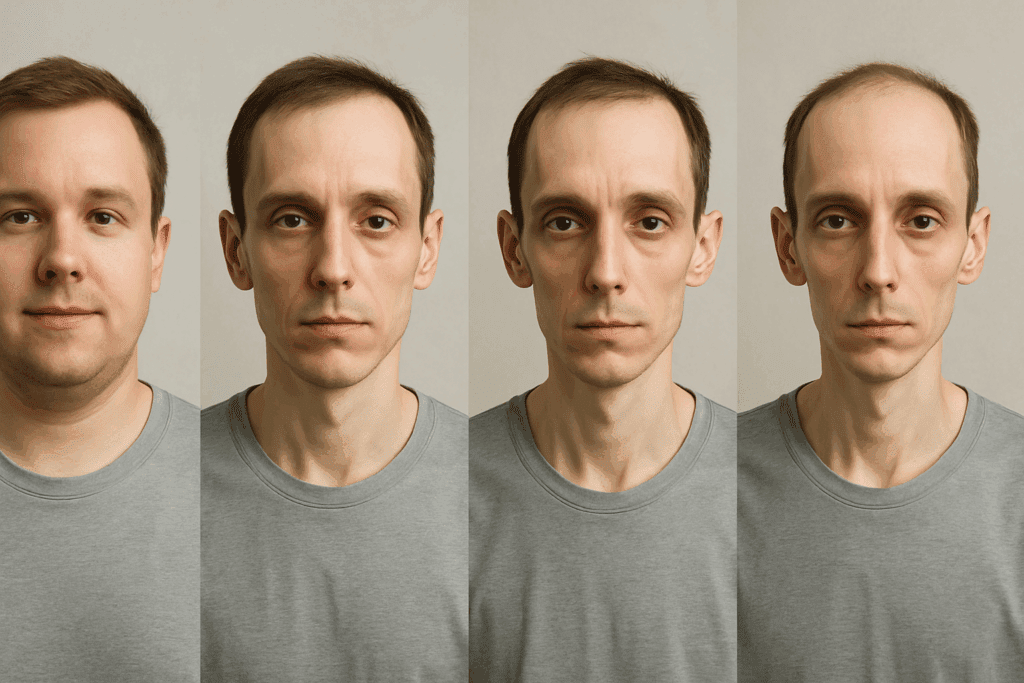
How Not Eating Affects Metabolism and Hormonal Health
One of the lesser-known but significant side effects of not eating enough is how it disrupts your metabolic and hormonal balance. Metabolism naturally slows in response to caloric restriction. This is a protective mechanism—your body is essentially entering a conservation mode, doing everything it can to stretch limited energy reserves. While this may sound like a smart adaptation, the implications can be profound.
Thyroid function often suffers, leading to symptoms such as fatigue, depression, and weight gain once normal eating resumes. For women, undereating frequently results in amenorrhea, or the cessation of menstruation, which is a clear sign of hormonal imbalance. Men may experience reduced testosterone levels, affecting libido and muscle maintenance. When you consider what does not eating do to your body, it becomes evident that the disruption is not limited to weight loss—it reverberates through every system.
Will You Lose Weight by Not Eating? The Myth and the Reality
A common question is: “Will I lose weight if I stop eating?” On the surface, the answer may appear to be yes. Caloric deficit does lead to weight loss. However, when the body is deprived of calories, it doesn’t just burn fat—it also breaks down muscle tissue for energy. Over time, this leads to a reduction in muscle mass and basal metabolic rate, making sustained weight loss more difficult.
Furthermore, not eating for a week or longer can have paradoxical effects. After an initial drop in weight, many people hit a plateau or even gain weight once they resume eating. The slowed metabolism, combined with possible binge-eating behaviors post-restriction, leads to a cycle that undermines long-term health and wellness. Therefore, while not eating will make you lose weight initially, the quality of that weight loss and its sustainability are highly questionable.
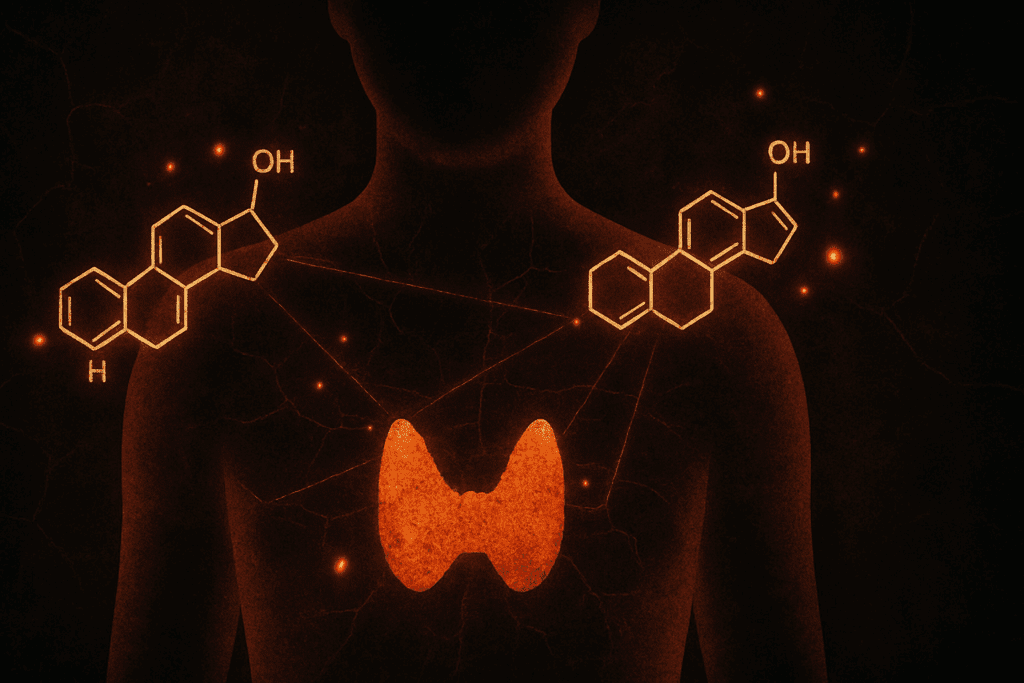
What Happens If You Go 10 Days Without Food?
Going 10 days without eating is a form of extreme fasting and poses severe health risks. In such scenarios, the body enters a state of ketosis, where it burns fat for fuel due to the absence of glucose. While this may sound beneficial in the context of ketogenic diets, it becomes dangerous when prolonged. The body also begins to metabolize muscle tissue and may enter a catabolic state that compromises organ function.
At this stage, symptoms of not eating all day turn into critical medical concerns. Individuals may experience electrolyte imbalances, dehydration (especially if fluids are also restricted), heart palpitations, and an inability to regulate body temperature. Eventually, the lack of essential nutrients impairs immune function, increases infection risk, and may lead to organ failure. The question, “What will not eating do to your body?” becomes more urgent and sobering when considering such extreme cases.
Cognitive and Emotional Effects of Undereating
Not eating enough doesn’t only affect the body—it significantly impairs mental and emotional well-being. Many people wonder, “Why does not eating make me tired or emotionally unstable?” The answer lies in the brain’s reliance on glucose and essential nutrients for neurotransmitter synthesis. When nutritional intake is compromised, production of serotonin, dopamine, and other mood-regulating chemicals is disrupted.
This disruption can lead to symptoms of anxiety, depression, and even suicidal ideation in extreme cases. The relationship between nutrition and mental health is well documented, and symptoms of not eating enough often resemble those seen in mood disorders. Individuals may also become preoccupied with food, experience distorted body image, or develop full-blown eating disorders like anorexia nervosa.
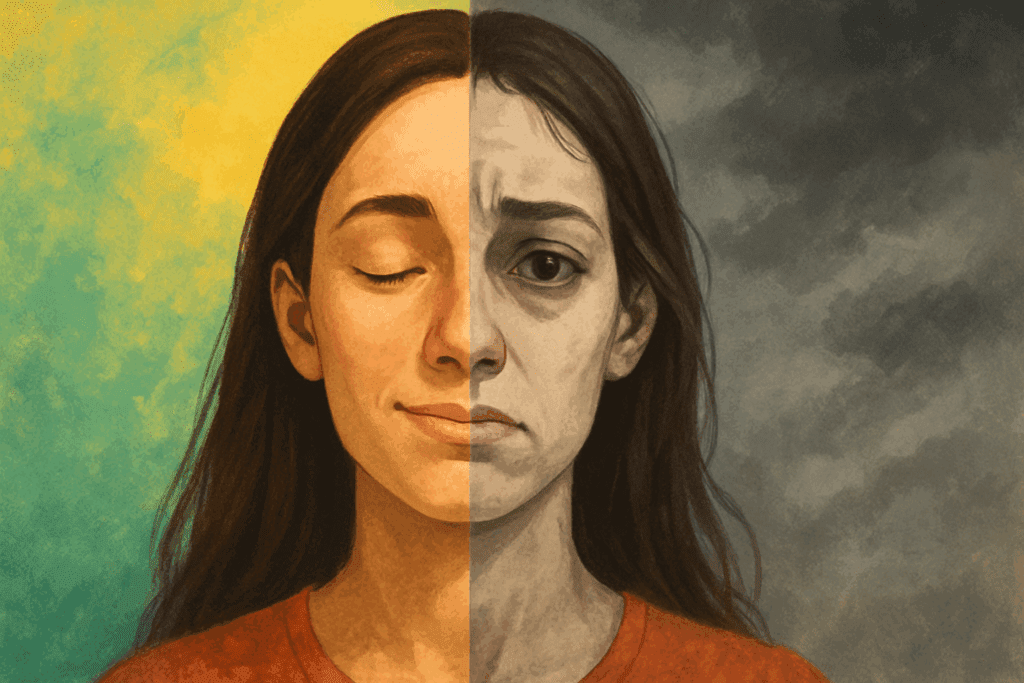
Gastrointestinal and Digestive Consequences of Not Eating Enough
The digestive system also suffers from caloric restriction. Many people are surprised to learn that can not eating enough cause constipation? The answer is yes. When food intake drops, the body produces fewer digestive enzymes, and peristalsis—the muscle movement that propels food through the digestive tract—slows down. This results in bloating, gas, and infrequent bowel movements.
Additionally, the gut microbiome, which plays a crucial role in immunity and overall health, becomes imbalanced. A diet lacking in fiber, prebiotics, and probiotics contributes to a less diverse microbial environment, making the body more susceptible to illness. As the body continues to adapt to limited energy input, even digestive efficiency diminishes, compounding the health issues caused by undereating.
The Dangers of Chronic Undereating and Nutrient Deficiencies
Chronic undernutrition has long-term consequences that may not be reversible. One of the most concerning side effects from not eating enough is the development of nutrient deficiencies. Lack of iron can lead to anemia, while insufficient calcium and vitamin D increase the risk of osteoporosis. B-vitamin deficiencies can result in nerve damage, and a lack of omega-3 fatty acids may impair brain function.
The symptoms of undereating, when sustained over weeks or months, often progress from mild fatigue and weakness to serious systemic dysfunction. Those with underlying conditions—such as diabetes, cardiovascular disease, or autoimmune disorders—are particularly vulnerable to the effects of not eating enough. In some cases, refeeding syndrome may occur if nutritional intake is suddenly restored, leading to dangerous shifts in electrolytes and fluids.
Nutritional Rehabilitation: What to Do If You’ve Stopped Eating or Are Not Eating Enough
If you or someone you know is showing signs of not eating enough, it’s critical to approach the situation with empathy and urgency. The first step is recognizing the symptoms—both physical and emotional—and seeking medical evaluation. Treatment plans often include working with a registered dietitian, therapist, and primary care provider to reestablish healthy eating patterns.
Gradual reintroduction of food is essential to prevent shock to the system. Nutritional rehabilitation is not simply about increasing calorie intake; it involves restoring the balance of macronutrients and micronutrients, rehydrating the body, and supporting metabolic function. Psychotherapy may be needed to address the psychological factors that contributed to the food restriction in the first place.
Can Not Eating Make You Throw Up or Cause Other Acute Symptoms?
In some cases, extreme hunger or the reintroduction of food after a prolonged fast can lead to nausea and vomiting. This answers the question many ask: can not eating make you throw up? Yes, it can—especially when the digestive system has essentially shut down and is suddenly reactivated. People may also experience headaches, dizziness, and rapid heartbeat when resuming food intake.
These acute responses highlight the body’s fragility after periods of deprivation. When considering what does it say when you stop eating, it’s a clear signal that your body is under distress and not functioning as intended. Vomiting in these cases is not a sign of recovery but a warning that the digestive system is struggling to cope.
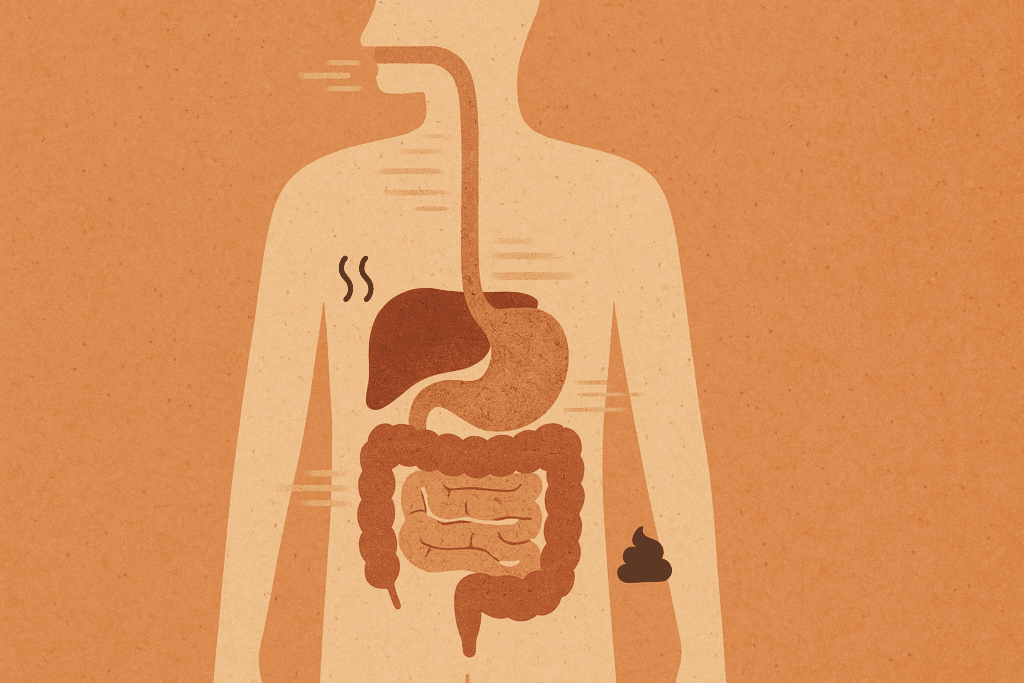
Not Eating and Dehydration: The Overlooked Risk
While much focus is placed on caloric deprivation, hydration is equally critical. Some people engage in both food and fluid restriction—whether due to eating disorders, illness, or religious fasting—leading to a condition that might be described as “no I don’t eating or drinking.” This can lead to rapid declines in kidney function, blood pressure, and electrolyte balance.
Dehydration exacerbates many of the side effects of not eating. It contributes to fatigue, confusion, and cardiovascular strain. Without adequate water, the body cannot regulate temperature, flush toxins, or transport nutrients effectively. For this reason, any prolonged period of not eating should be carefully monitored to ensure that fluid intake is maintained at minimum levels necessary for basic physiological function.
What Can Not Eating Do to Your Body Over Time?
The cumulative effects of undereating are extensive. When looking at what can not eating do to your body, the answers span every major organ system. The heart becomes weaker, bone density decreases, immunity is suppressed, and mental clarity wanes. Over time, the risk of chronic illness increases, and recovery becomes more complex and prolonged.
The long-term effects of not eating enough are not just physical—they impact social, emotional, and psychological health. People may withdraw from activities, relationships, and responsibilities. Their self-worth may become tied to food or body image, deepening the cycle of restriction and deterioration. It’s a condition that requires not only medical intervention but social and emotional support.

Recognizing When to Seek Help
Understanding the symptoms of not eating enough is essential, but taking action is even more important. If you suspect that you or someone you care about is dealing with symptoms of not eating all day or prolonged caloric restriction, seeking professional help is a necessary step. Malnutrition can quickly escalate into a medical emergency, especially when compounded by dehydration or pre-existing health conditions.
Recovery begins with acknowledgment and continues with a multidisciplinary approach that includes nutritional therapy, psychological support, and ongoing monitoring. There is no shame in needing help—what matters is recognizing that the body cannot thrive without proper nourishment.
Frequently Asked Questions: What Happens When You Stop Eating
1. How do the symptoms of not eating enough differ from those of dehydration or sleep deprivation?
While overlapping symptoms exist, such as fatigue and poor concentration, the symptoms of not eating enough tend to involve more metabolic and systemic issues. Unlike sleep deprivation, which primarily affects cognitive performance and mood, undernutrition causes slower wound healing, hair thinning, and brittle nails. Dehydration, on the other hand, typically presents with dry mouth, dizziness, and dark urine, while physical signs of not eating enough often involve muscle loss and cold sensitivity. What’s particularly important to note is that not eating enough can exacerbate both dehydration and sleep issues, creating a complex interplay of symptoms. To accurately identify under eating symptoms, a combination of dietary history and medical evaluation is essential.
2. Can short-term fasting have benefits, or does it lead directly to the side effects of not getting enough calories in a day?
Short-term, medically supervised fasting can offer certain metabolic benefits, such as improved insulin sensitivity and cellular repair. However, the side effects of not getting enough calories in a day begin to appear rapidly if fasting is not done responsibly. Symptoms of not eating all day may include hypoglycemia, lightheadedness, and irritability—even after just one skipped meal. While structured intermittent fasting can be beneficial in specific contexts, random or prolonged food restriction without guidance is more likely to produce negative outcomes. Those who aren’t consuming sufficient calories may find that benefits are outweighed by long-term health risks, particularly when fasting becomes a regular habit without adequate refeeding.
3. What happens when you stop eating while also maintaining high physical activity levels?
Engaging in strenuous physical activity without eating enough drastically accelerates the effects of not eating enough. The body, in desperate need of energy, will begin breaking down muscle tissue, leading to quicker onset of physical signs of not eating enough such as weakness, muscle cramps, and joint pain. When combined with exercise, not eating enough also increases the risk of cardiovascular complications like arrhythmias, especially if electrolyte levels are depleted. What does not eating do to your body under these conditions? It pushes the body into a catabolic state where it prioritizes survival over performance, impairing both short-term endurance and long-term recovery. Athletes and active individuals should be particularly cautious, as undereating may go unnoticed until severe side effects manifest.
4. Is it true that not eating for a week can reset your gut health or detoxify your body?
There is a widespread myth that not eating for a week allows the digestive system to rest and the body to detox. While there may be temporary relief from digestive issues due to reduced food intake, the truth is that 10 days stopped eating or even fewer can harm your gut microbiome. The body relies on fiber and prebiotics to support a diverse gut flora, and extended fasting may reduce these beneficial bacteria. Additionally, what will not eating do to your body during this time includes decreased stomach acid, which can make digestion more difficult once food is reintroduced. A better approach to gut health is to modify your diet rather than avoid food entirely.
5. Why does not eating make me tired even when I’m not doing much physically?
Feeling exhausted despite minimal physical exertion is one of the hallmark symptoms of not eating enough. The body prioritizes essential systems like brain and heart function when it’s low on fuel, leaving little energy for physical movement or mental alertness. Over time, symptoms of undereating like low body temperature and slowed reflexes emerge, reinforcing the fatigue. Can not eating make you tired even if you think you’re resting? Absolutely—your body is running on reserves, and as glycogen stores deplete, even basic cellular activities become harder to sustain. Fatigue in this context is not laziness or burnout but a direct signal from the body that energy supply is critically low.
6. What do medical professionals look for when diagnosing side effects from not eating enough?
Clinicians rely on a range of indicators when evaluating side effects from not eating enough. Blood tests may reveal electrolyte imbalances, anemia, or low thyroid function, all of which are common under eating symptoms. Physical exams often uncover signs like slow heart rate, low blood pressure, and dry, flaky skin. Additionally, what does it say when you stop eating can be assessed through patient-reported symptoms such as dizziness, mood swings, and intolerance to cold. In many cases, doctors will ask about recent weight loss patterns and eating habits to confirm a diagnosis of malnutrition or energy deficiency.
7. Can not eating make you throw up, even if you’re not actively eating anything?
Yes, can not eating make you throw up? It can, particularly due to bile reflux or low blood sugar-induced nausea. When the stomach is empty for long periods, bile can accumulate and irritate the stomach lining, leading to vomiting. People experiencing this may think it’s a reaction to food, when in fact it’s the absence of food that’s causing the problem. Vomiting while fasting or severely restricting food can also be a reaction to sudden refeeding, where the digestive system is overwhelmed by new food input. It’s important to note that will not eating make you throw up? In certain individuals, particularly those with pre-existing conditions, the answer is yes.
8. What can not eating do to your body if you repeat the cycle over months or years?
When not eating enough becomes chronic, the long-term effects include muscle wasting, hormonal dysfunction, and cognitive impairment. One of the most concerning issues is that symptoms of not eating enough may become normalized, especially in diet culture, where being thin is often rewarded. Over time, the effects of not eating enough expand beyond fatigue or mood swings—they impact fertility, immune function, and even bone density. Under eating symptoms such as persistent headaches or hair loss may be dismissed as unrelated when they’re in fact tied to nutritional deficiency. Repeated restriction followed by binging can also lead to metabolic syndrome, a condition marked by high blood pressure, insulin resistance, and inflammation.
9. Does not eating enough affect emotional regulation or social behavior?
Undereating can significantly impair your ability to manage emotions and interact socially. Symptoms of not eating enough include mood instability, anxiety, and an increased risk for depression. These psychological effects often worsen over time, especially when the brain lacks the nutrients needed for neurotransmitter production. Social withdrawal may occur, not only due to fatigue but also because of the obsession with food or fear of eating in front of others. In some individuals, prolonged undernutrition triggers irritability or even paranoia—what does not eating do to your body emotionally is just as important as the physical outcomes, and both deserve equal attention in recovery strategies.
10. How can someone recover from a cycle of “no I don’t eating or drinking” behavior without triggering digestive issues or refeeding syndrome?
Recovery from periods of extreme restriction, including “no I don’t eating or drinking” scenarios, must be carefully managed to avoid sudden overload of the system. Gradual reintroduction of both fluids and food is key, typically under medical supervision if restriction has been prolonged. The symptoms of not eating all day may be easy to ignore at first, but full-blown refeeding syndrome can be life-threatening if ignored. Reintroducing electrolytes, particularly potassium and phosphate, is a crucial step in stabilizing the body. Ultimately, what happens when you stop eating is not easily reversed overnight, and sustainable recovery involves both physical nourishment and psychological support over time.
Conclusion: The Hidden Dangers and Lasting Effects of Not Eating Enough
Ultimately, what happens when you stop eating is not a singular event but a cascade of physiological, psychological, and emotional consequences that can spiral quickly without intervention. From the early physical signs of not eating enough to the long-term side effects of not getting enough calories in a day, the risks are both immediate and lasting. Despite the cultural narratives that often glorify thinness or extreme dieting, the truth is that undernutrition compromises every aspect of health.
Understanding the symptoms of undereating and the effects of not eating enough allows individuals to make informed choices about their dietary habits and overall well-being. Whether you’re considering a fasting regimen, managing an eating disorder, or simply trying to live a healthier lifestyle, recognizing the signs of not eating enough is the first step toward lasting health. Prioritizing nourishment, balance, and self-care will always be more sustainable—and more life-affirming—than any extreme approach to food restriction.
Was this article helpful? Don’t let it stop with you. Share it right now with someone who needs to see it—whether it’s a friend, a colleague, or your whole network. And if staying ahead on this topic matters to you, subscribe to this publication for the most up-to-date information. You’ll get the latest insights delivered straight to you—no searching, no missing out.

